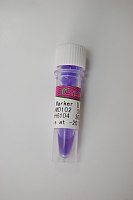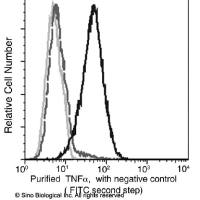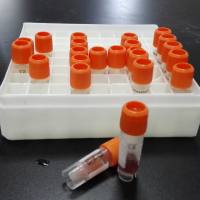Delivery of Adenoviral DNA to Mouse Liver
互联网
573
The liver represents a major target organ for gene delivery owing to its high biosynthetic capacity and access to the bloodstream. Adenoviral vectors are highly efficient gene-transfer vehicles, making them among the most promising systems for in vivo gene transfer to the liver. Following intravenous administration of adenoviral vectors to a variety of mammalian models, including mice, dogs, and monkeys, hepatocytes are efficiently transduced (1 ). Several delivery methods to the liver have been described, including portal vein (2 –4 ), hepatic artery (3 ,5 ), and peripheral vein infusions (6 ). This chapter describes the simple, nonsurgical method of intravenous (iv) administration of adenoviral vectors in mice, and an immunohistochemical method to qualitatively evaluate liver transduction efficiency following delivery of an adenoviral vector encoding a β-galactosidase (β-gal) marker gene. Additionally, several alternative methods to verify efficient liver transduction are introduced.








